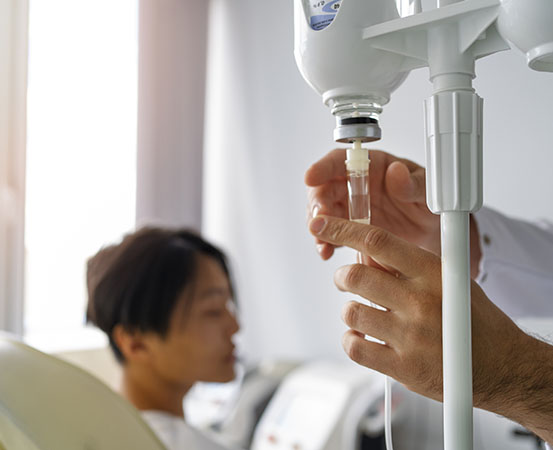
Malawi – in southeast Africa – announced a public health emergency due to a cholera outbreak in December 2022. The recent global situation report on cholera issued by WHO on February 11 mentions that Malawi is experiencing the deadliest cholera outbreaks with a record of over 600 new cases per day and about 1,200 deaths in the last eleven months alone. The outbreak is spreading to other countries too, including Zambia, Ethiopia and Kenya, says the report.
Cholera causes gastroenteritis, an infection of the stomach and the intestine, says Dr Bindumathi PL, senior consultant, internal medicine, Aster CMI hospital, Bengaluru. She points out that this can lead to acute diarrhea. “People who consume contaminated water and food are likely to develop this bacterial infection,” she adds.
Studies suggest that the outbreaks are more common in the wet season. However, the recent cholera outbreak in Malawi has continued well into the dry season. In its report about the country’s cholera outbreak, WHO mentions that the ongoing drought is driving population movements which increases the risk of spread and high levels of malnutrition; this poses severe outcomes of the disease in the region.
What causes cholera?
Cholera spreads through a waterborne bacterium called Vibrio cholerae. This bacterium enters the gut or small intestine through contaminated water or food. The incubation period is between 24 hours and five days. During this phase, cholera toxin (CT), a toxin secreted by the bacterium disturbs the chloride and electrolyte balance in the body through diarrhea and vomiting.
What are the symptoms of cholera?
The earliest signs of this infection are watery diarrhea and/or vomiting, says Dr Bindumathi.
Dr Spoorthi Arun, an internal medicine physician from Promed Hospital, Chennai, further explains that diarrhea is significantly watery and is also known as rice-water diarrhea due to its marked resemblance to rice water.
Dehydration due to diarrhea typically causes symptoms such as:
- Lethargy
- Abdominal cramps
- Extreme thirst
- Irritability
- Restlessness

Treatment of cholera
Treatment aims at replenishing the lost fluids in the body. The first line of treatment includes oral rehydration solution (ORS) to restore the electrolyte balance. Dr Arun points out that too much fluid loss can lead to acute kidney failure. Hence hospitalisation is recommended for those with moderate to acute symptoms.
The excess fluid loss is replenished through IV (intravenous) fluids and anti-bacterial medicines.
Preventing cholera
WASH practice
The primary prevention measure adopted by WHO in endemic countries is the WASH practice (potable water access, sanitation and hygiene).
Anti-cholera vaccination
In Malawi, the oral cholera vaccination campaign began in November 2022. It targeted nearly three million people aged one year and above.
For those travelling to cholera-endemic zones such as Ethiopia, Nigeria or India, immunisation through vaccination is suggested. Dr Bindumathi recommends vaccinating at least ten days before travelling to cholera-endemic countries.
Awareness generation
Cholera outbreaks can be largely prevented through awareness programs regarding sanitisation and hygiene among the masses, says Dr Arun.
Takeaways
- Cholera develops largely due to contaminated water or food.
- Frequent hand washing using soap is recommended.
- Hands must be sanitised before cooking.
- Thoroughly wash hands after contact with the affected person or the person’s clothes.
- Eat hot, cooked meals.
- Drink boiled water only.
- Ensure food and water are covered with a tight lid.

















